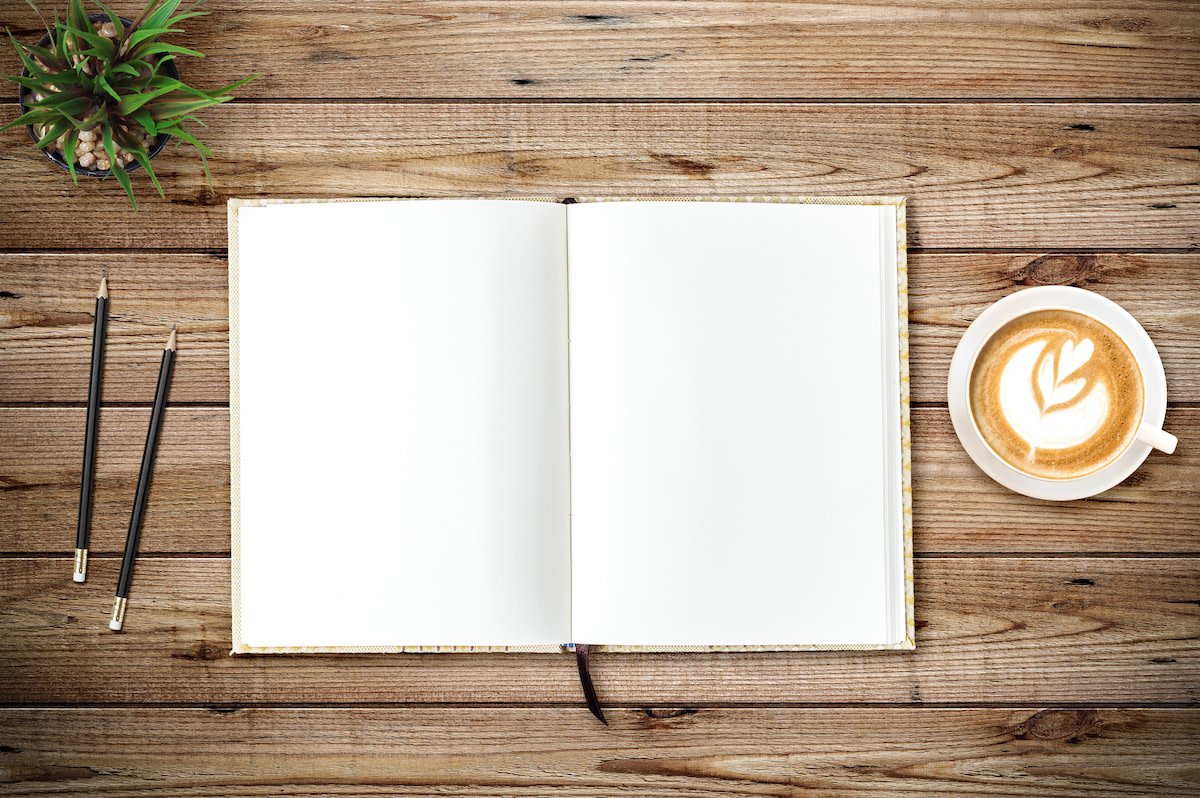Writing
11 Tips for Writing Better Poetry
Written by MasterClass
Last updated: Aug 16, 2021 • 4 min read
Writing poems can be an incredibly exciting and liberating undertaking for writers of all ages and experience levels. Poetry offers writers many ways to play with form and convention while producing emotionally resonant work.
Learn From the Best
11 Tips for Writing Poetry
If you’re considering trying your hand at writing poetry or are looking to improve, here are some tips to help you get going:
- 1. Read the work of a variety of poets. The simplest way to improve your poetry is to read poems. You may be familiar with great poets like William Wordsworth, Walt Whitman, and Emily Dickinson but less familiar with contemporary poets and new poems. Part of becoming a better poet is constantly finding new poetry collections and reading contemporary literary magazines to expose yourself to new voices. There’s no harm in revisiting your favorite poems by great poets in an old poetry book, but part of becoming a better writer is finding new literary journals and expanding your poetry reading to include young poets and diverse voices.
- 2. Experiment with a different poetic form. There are many different types of poetry available to you. Even if there is a specific type of poem that you consider your bread and butter, it’s worth experimenting with different poetry forms. Try writing a short poem like a haiku. Write a longer narrative poem in free verse. Write a few quick nursery rhymes. Playing with form can help you build your poetry writing skills and find new types of poetry that fit your style.
- 3. Play with rhyme. As kids, our first exposure to poetry is through simple rhyme schemes, and oftentimes we write our first poems with the aid of a handy rhyming dictionary. Obviously, there is much more to poetry than rhyming, and rethinking how you incorporate and structure rhyme scheme can help vary your poetry.
- 4. Experiment with meter. Meter describes the pattern of stressed and unstressed syllables from line to line in a poem. Experimenting with different types of meter in your poetry can add layers to your work and help make your poetry rhythmically interesting. Try writing poems in iambic pentameter—as Shakespeare did—or throw in a rhyming couplet or two to break up passages of blank verse.
- 5. Keep a journal. Poetry is a powerful medium when it comes to using lyrical language and expressing poignant imagery. Keeping a journal can help you catalog particularly striking images and thoughts as they occur to you throughout your day. Free moments can give you a chance to brainstorm and jot down your thoughts in your poetry journal.
- 6. Explore new poetic devices. One of the exciting aspects of poetry is the many literary devices and poetic techniques at your disposal. Playing with alliteration or assonance can bring a variety of sounds to your work. Exploring extended metaphors and working in synecdoche or metonymy can bring layers of meaning to your work. Research various poetic devices and try incorporating new techniques into your poetry.
- 7. Simplify word choice. As a first-time poet, it can feel as if you have to use exclusively abstract words and flowery language in order to write complex verse and convey deeper meaning. The fact of the matter is that sometimes the simplest language combined with clear, concrete images can make for a good poem. Some of the best American poets use concrete words and simple language in order to construct poignant and affecting poetry. There’s no need to rely on a thesaurus to find the right words for your poems. If you find yourself overwriting, scale back your language and focus on clear and concise verse.
- 8. Edit. As with other forms of writing, good poetry is often found in the edit. Once you’ve finished a draft of a poem, give yourself some time before giving it a second pass and beginning the rewriting process.
- 9. Remember, there are no rules. There are no set rules in poetry. Give yourself the freedom to explore your craft and play with meaning and form. Don’t hold yourself back or worry about the final product. Some of your best work will come when you feel unconstrained and free to play.
- 10. Start a writing group. Starting a writing group with other poets can help you commit to the hard work of writing and establish a consistent writing practice. A poetry writing class or group can help keep you accountable and help you break through writer’s block. Writing groups are a great resource for meeting other poets who can help connect you with publishing industry contacts and literary agents.
- 11. Explore other types of creative writing. Writing poems doesn’t prevent you from exploring other forms of writing. Supplement your poetry writing with nonfiction essays and short stories in your free time. This will help your writing stay fresh and active and can also be a great way of adding additional writing income.
Want to Learn More About Writing?
Become a better writer with the MasterClass Annual Membership. Gain access to exclusive video lessons taught by literary masters, including Billy Collins, David Baldacci, Joyce Carol Oates, Dan Brown, Margaret Atwood, and more.
